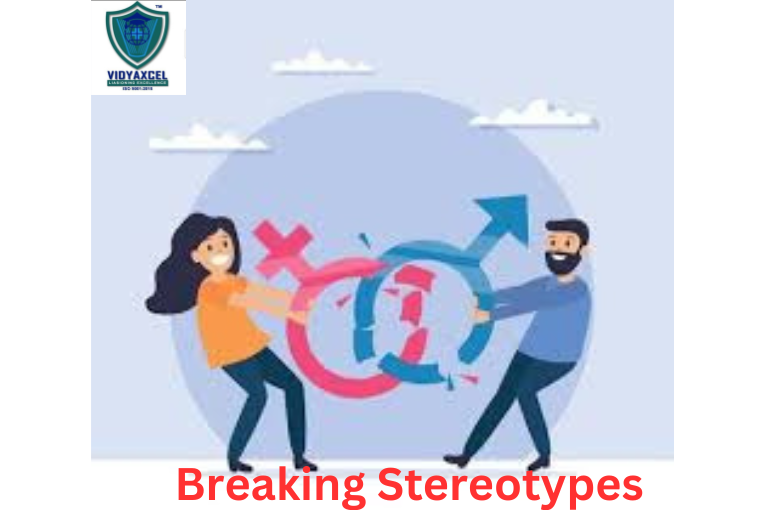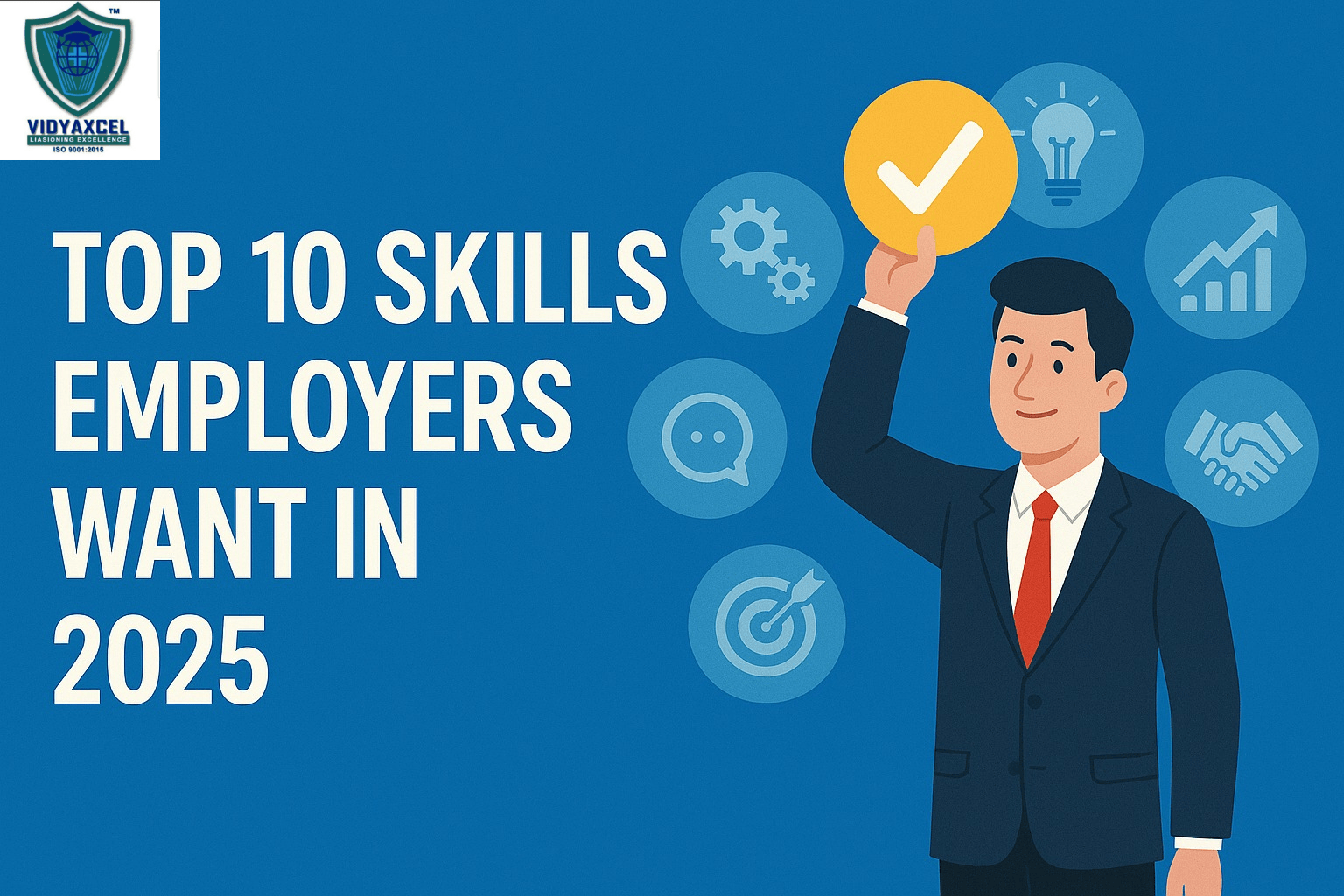Blog Details

26Nov
Gender Roles and Career Expectations: Breaking Stereotypes
For centuries, societal norms and cultural beliefs have shaped expectations around gender roles, influencing career paths for men and women. These stereotypes often dictate what is considered "appropriate" for each gender, limiting individuals' opportunities and perpetuating inequality in professional spaces. For instance, men are frequently funneled into technical or leadership roles, while women are expected to pursue caregiving professions—a trend that not only restricts personal growth but also stifles diversity in workplaces.
In today’s evolving world, breaking these stereotypes is essential for creating equitable environments where individuals are free to explore their true potential. This involves rethinking traditional norms, promoting inclusivity, and challenging the biases that still exist in education, workplaces, and society at large. By fostering change, we can pave the way for a future where careers are defined by passion and ability, rather than outdated gender expectations.
Understanding Gender Stereotypes in Careers
- Traditional Expectations:
- Men are often expected to pursue careers in leadership, technology, and engineering—fields deemed "logical" or "tough."
- Women are encouraged toward caregiving or nurturing professions like teaching, nursing, or social work.
- Impact on Career Choices:
- These stereotypes discourage individuals from pursuing careers outside these norms, limiting personal growth and reinforcing gender imbalances in various sectors.
- Early socialization, educational biases, and lack of role models contribute to these trends.
Challenges of Gendered Career Expectations
- Workplace Segregation:
- Certain industries, like tech and construction, remain male-dominated, while others, like healthcare, see a majority of female workers.
- The Wage Gap:
- Gendered stereotypes contribute to unequal pay, with women often earning less than men in similar roles.
- Perception of Skills:
- Soft skills (empathy, collaboration) are undervalued compared to hard skills (technical expertise), disproportionately affecting women.
- Double Burden:
- Women are often expected to balance professional careers with domestic responsibilities, limiting career advancement opportunities.
Breaking Stereotypes: Key Strategies
1. Early Education and Awareness
- Challenge stereotypes by encouraging children to explore diverse interests, from STEM subjects to arts and sports, regardless of gender.
- Use gender-neutral language and highlight role models breaking barriers in non-traditional fields.
2. Role Models and Mentorship
- Representation matters—women in leadership and men in caregiving roles can inspire others to defy norms.
- Promote mentorship programs to guide underrepresented genders in specific careers.
3. Workplace Policies and Training
- Encourage gender diversity through hiring practices and leadership development initiatives.
- Provide unconscious bias training to managers and employees to foster an inclusive culture.
4. Parental Influence and Support
- Parents play a critical role in shaping career aspirations. Encouraging children to follow their passions rather than adhering to stereotypes is crucial.
5. Advocacy and Media Representation
- Advocate for diverse portrayals in media, showcasing men and women in unconventional roles.
- Highlight stories of individuals who have successfully broken gender barriers.
Examples of Breaking Gender Stereotypes
- Women in STEM: Inspirational leaders like Ada Lovelace, Katherine Johnson, and Kalpana Chawla have paved the way for women in tech and space exploration.
- Men in Caregiving Roles: Male nurses, primary school teachers, and stay-at-home dads are defying traditional roles and reshaping perceptions.
Conclusion
Breaking gender stereotypes in careers is crucial not only for achieving equality but also for fostering innovation and diversity in all industries. By challenging traditional norms, we empower individuals to pursue careers based on their passions, talents, and ambitions rather than outdated societal expectations. This change benefits everyone—encouraging more inclusive workplaces, addressing skill shortages in underrepresented fields, and creating a world where opportunities are accessible to all, regardless of gender. Achieving this requires a collective effort: from parents and educators fostering open-mindedness in children, to workplaces implementing inclusive policies, and society at large reshaping perceptions through representation and advocacy. As we continue to dismantle these stereotypes, we pave the way for a more equitable and dynamic future where individuals are free to define their own paths.
Our Office: West Bengal, Maharashtra & Delhi.
For More Infomation about admission in Medical, Engineering, Management & Study in Overseas Details.
View Current Study Overseas, Medical, Engineering & Management Admission Details Video.





